Optimal Timing for Exterior Stucco Patchings
Exterior stucco patchings are most effectively performed during specific weather conditions to ensure proper adhesion and curing. Optimal timing depends on temperature, humidity, and forecasted weather patterns. Proper timing helps prevent issues such as cracking, peeling, or improper bonding.
The best time for exterior stucco patchings is when temperatures are between 50°F and 85°F. Extreme cold or heat can affect the curing process and the adhesion of the patching material.
Low to moderate humidity levels are preferred. High humidity can slow down drying times and increase the risk of moisture-related issues.
Patchings should be scheduled during dry weather with no rain forecasted for at least 24-48 hours to ensure proper curing and adhesion.
Spring and early fall are generally ideal seasons due to moderate temperatures and lower humidity levels, minimizing weather-related complications.
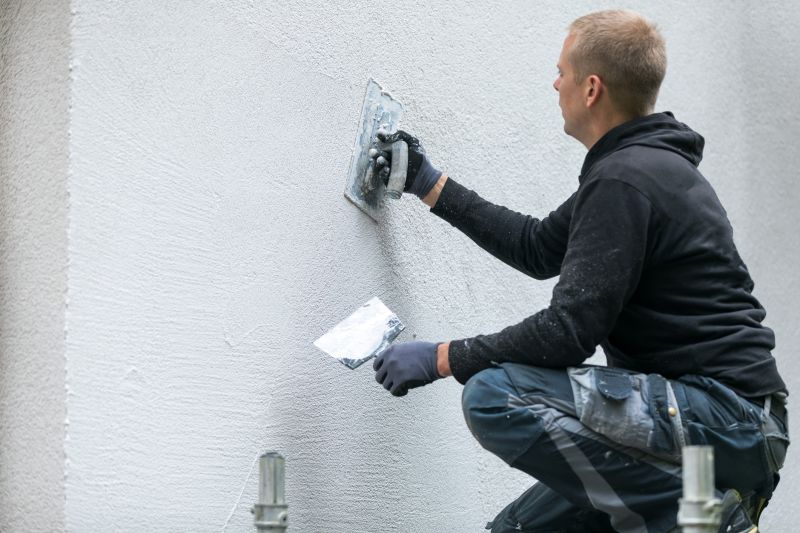
Clear, dry days with moderate temperatures are optimal for patching exterior stucco.
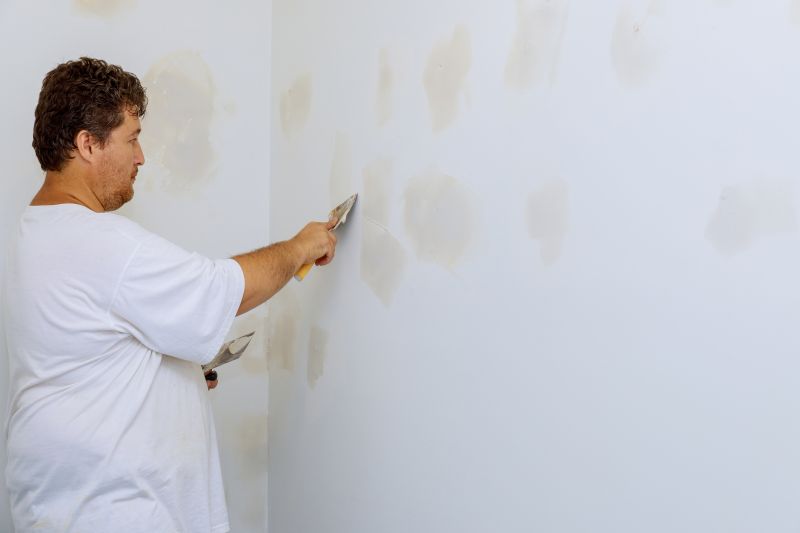
Ideal temperatures ensure proper curing and adhesion of stucco patchings.
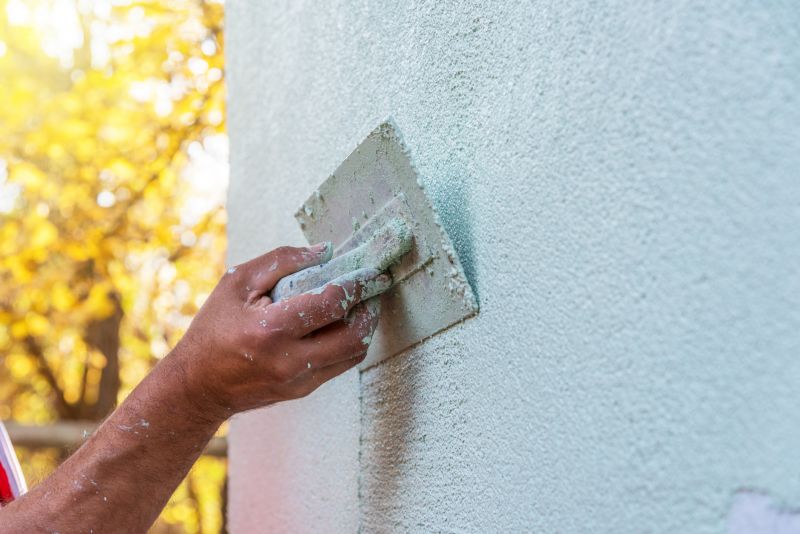
Spring and early fall provide the best conditions for exterior stucco work.
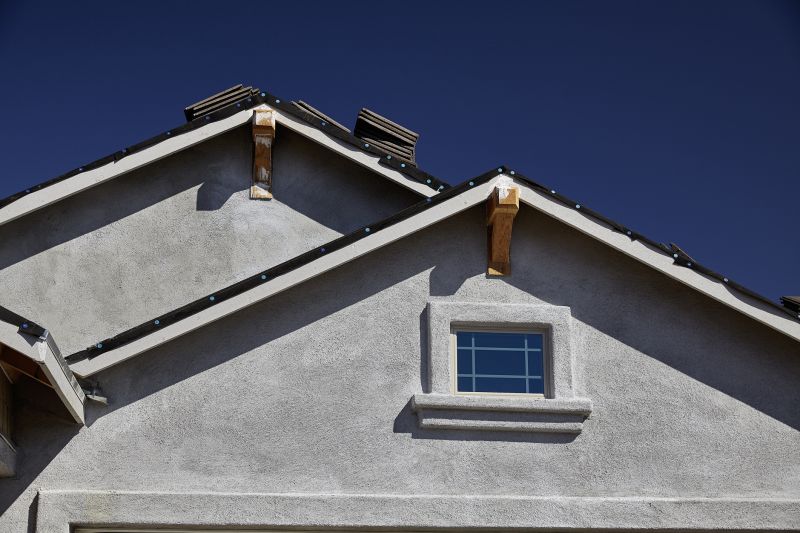
Popular materials for Exterior Stucco Patchings and why they hold up over time.
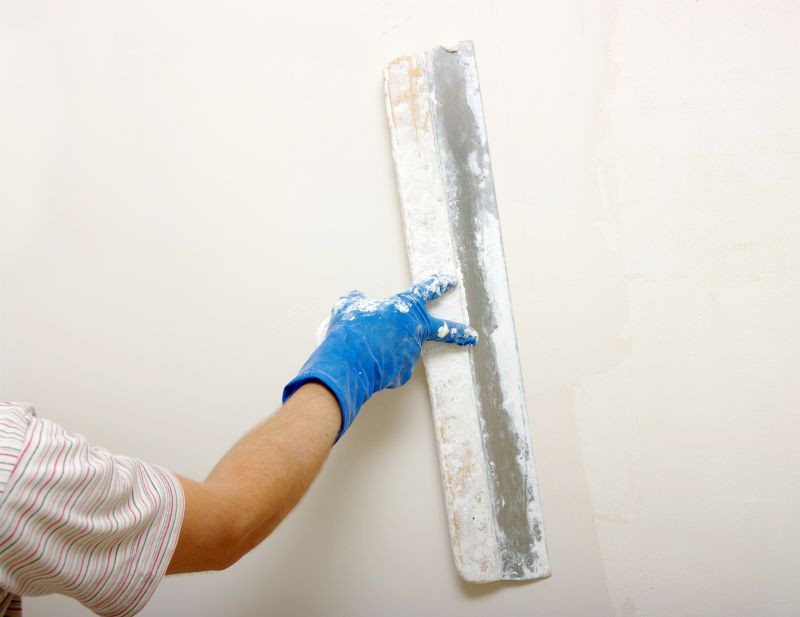
Simple add-ons that improve Exterior Stucco Patchings without blowing the budget.
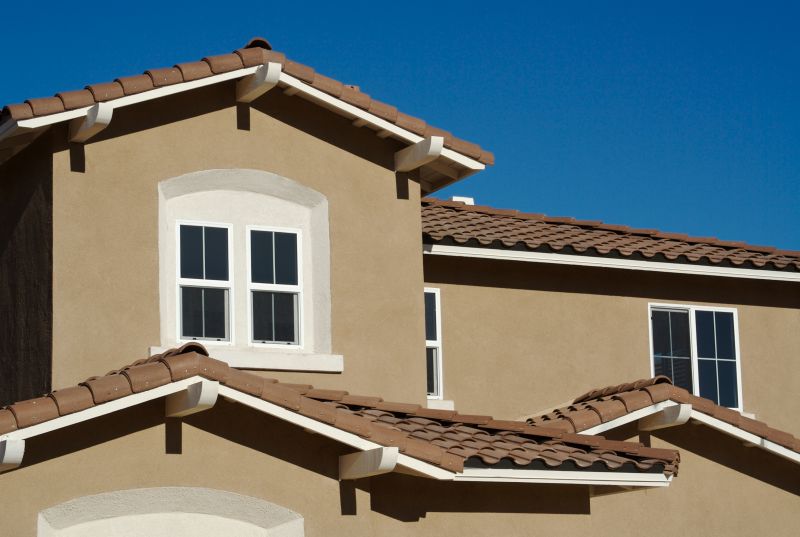
High-end options that actually feel worth it for Exterior Stucco Patchings.
| Season | Recommended Timing |
|---|---|
| Spring | Early spring when temperatures are rising but before high humidity sets in. |
| Summer | Late summer with stable warm weather, avoiding peak heat. |
| Fall | Early fall for moderate temperatures and low humidity. |
| Winter | Generally not recommended due to cold temperatures and moisture risk. |
Exterior stucco patchings require careful timing to ensure durability and appearance. Proper scheduling based on weather conditions reduces the likelihood of defects and extends the lifespan of the repair. Monitoring local weather forecasts and choosing periods with stable, mild weather conditions are essential steps for successful patching projects.
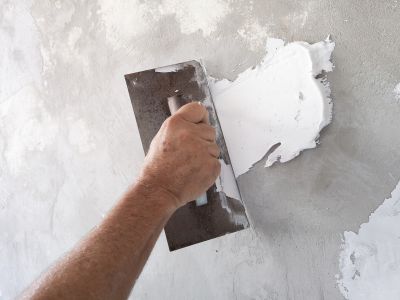
Ensures proper curing and adhesion of stucco patches.
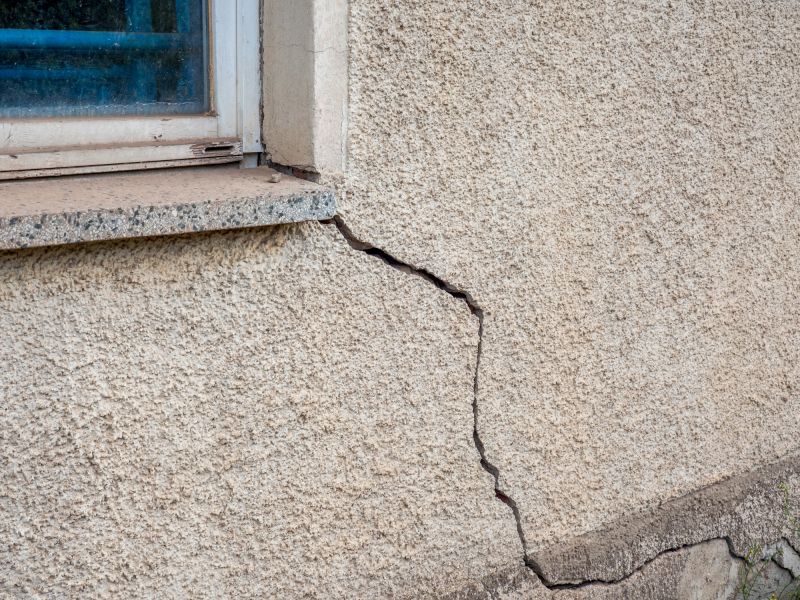
Maintaining optimal temperatures during patching prevents cracking.
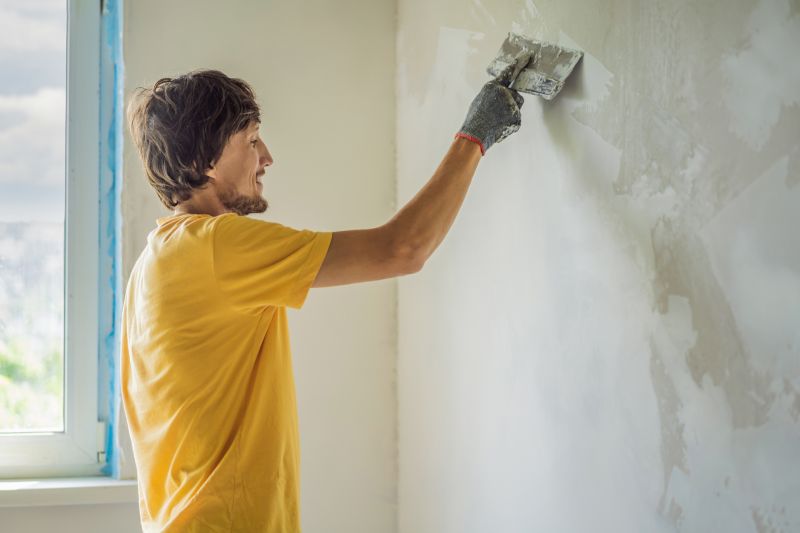
Choosing the right season minimizes weather-related issues.
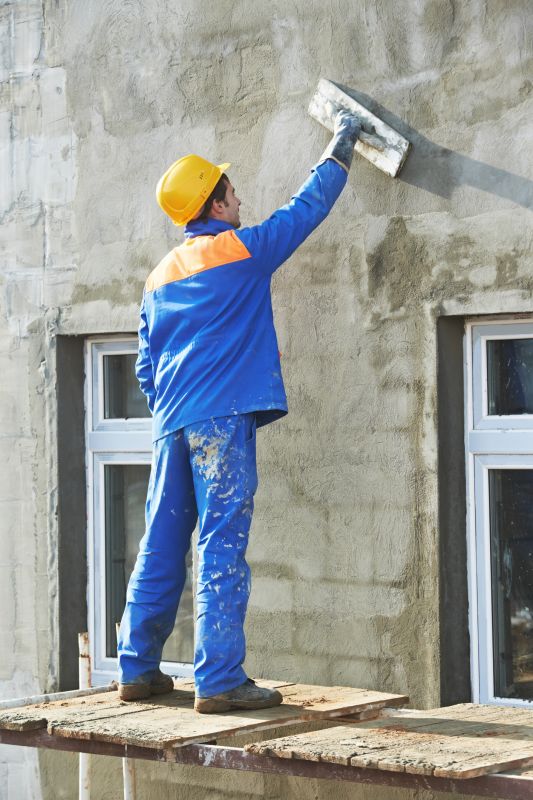
Scheduling during favorable weather ensures quality results.
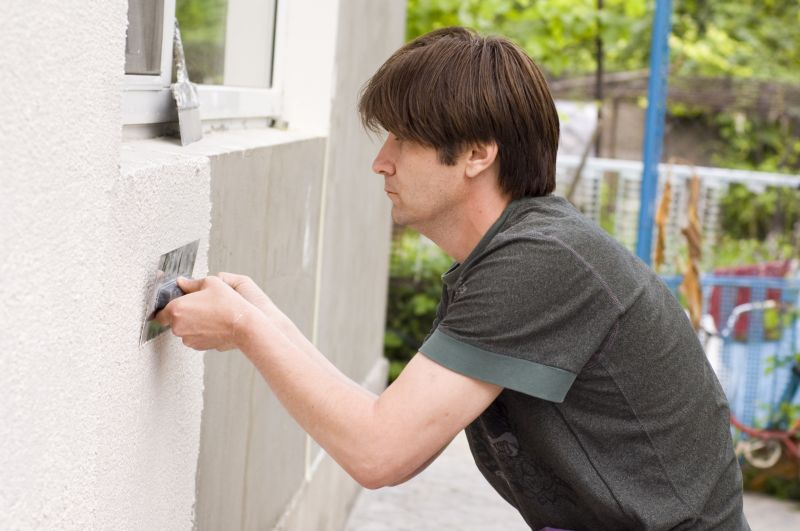
Finishes and colors that play nicely with Exterior Stucco Patchings.
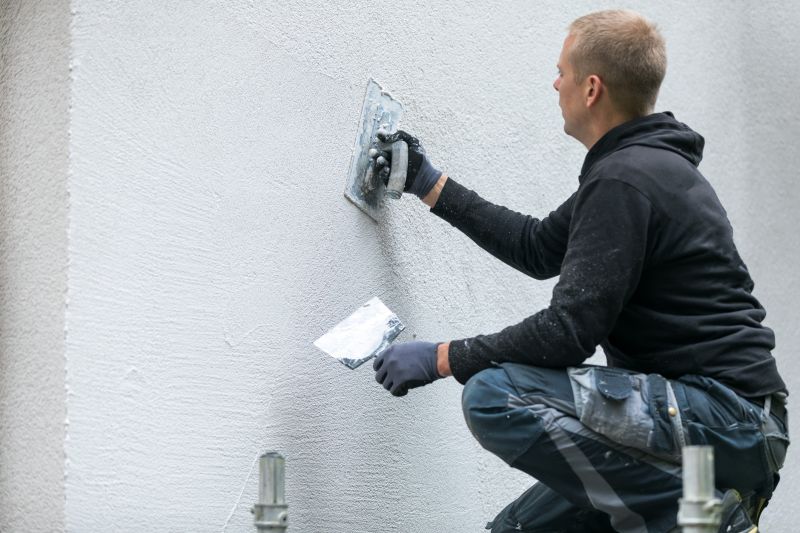
Little measurements that prevent headaches on Exterior Stucco Patchings day.
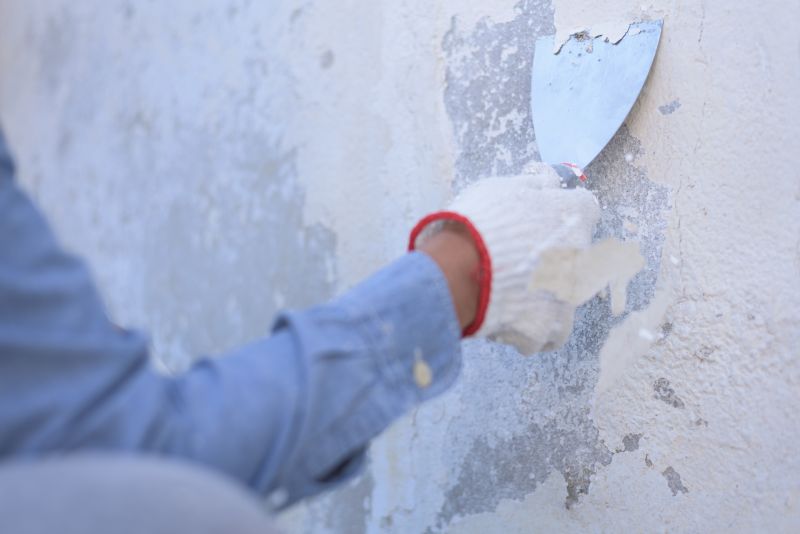
A 60-second routine that keeps Exterior Stucco Patchings looking new.
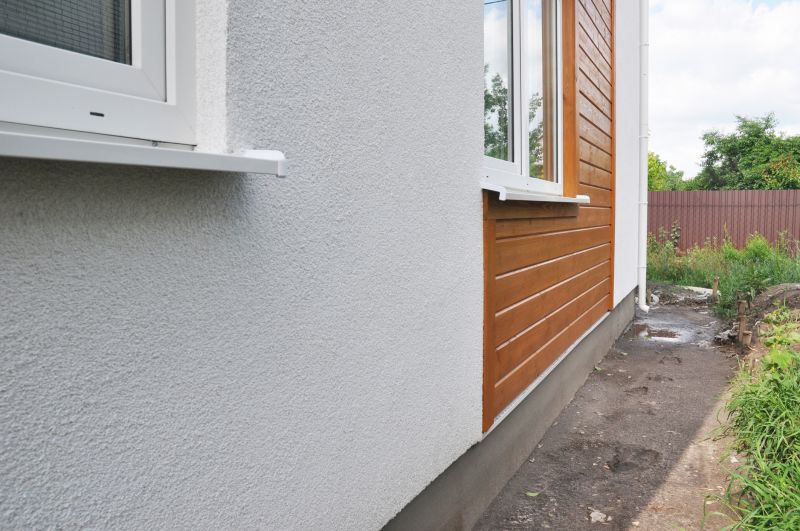
A frequent mistake in Exterior Stucco Patchings and how to dodge it.
Interested in exterior stucco patchings? Contact for more information or to schedule a consultation to determine the best timing for specific project requirements.
